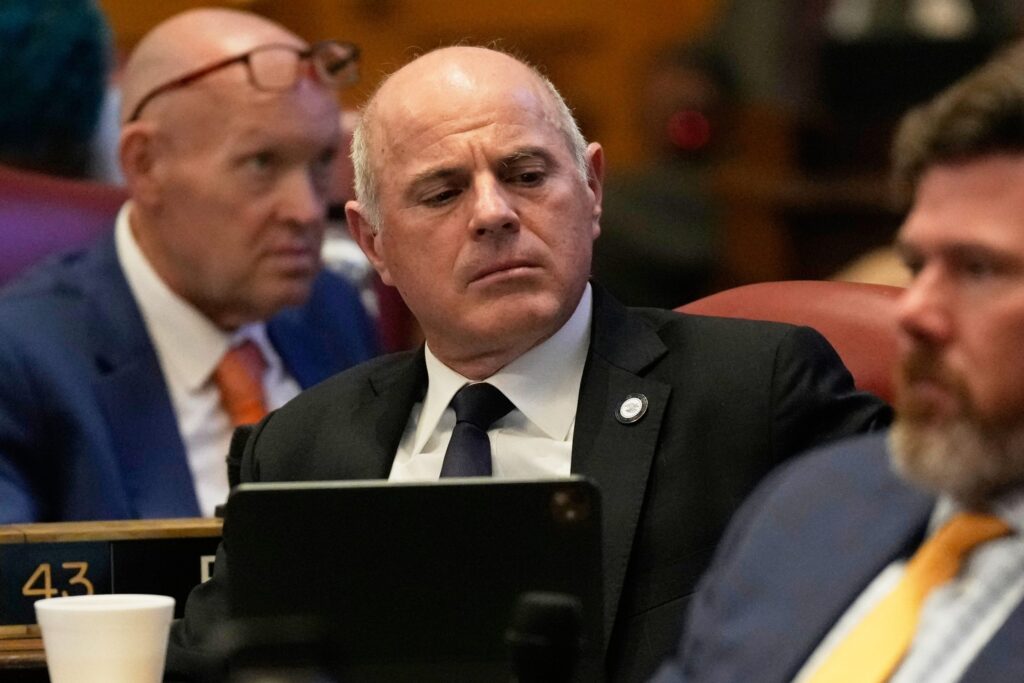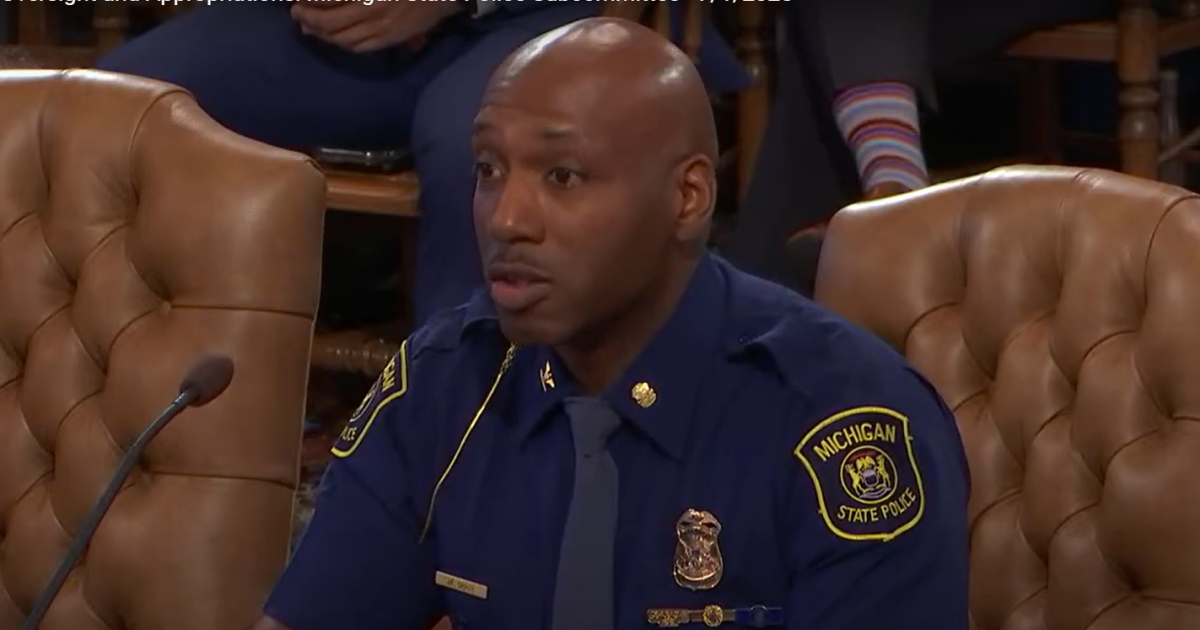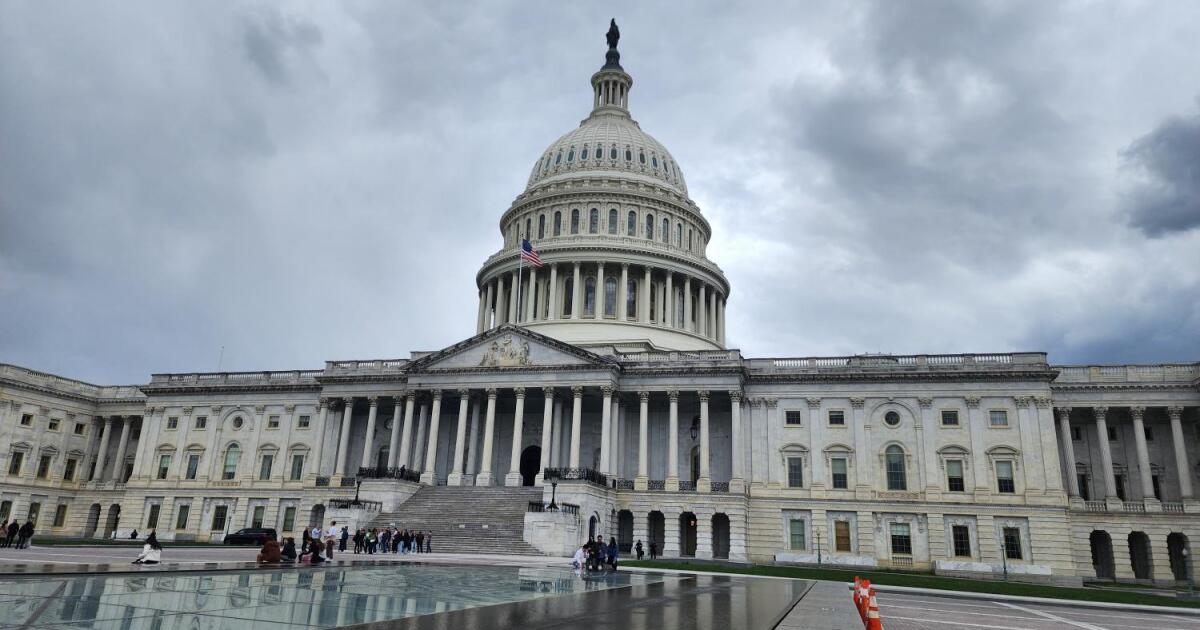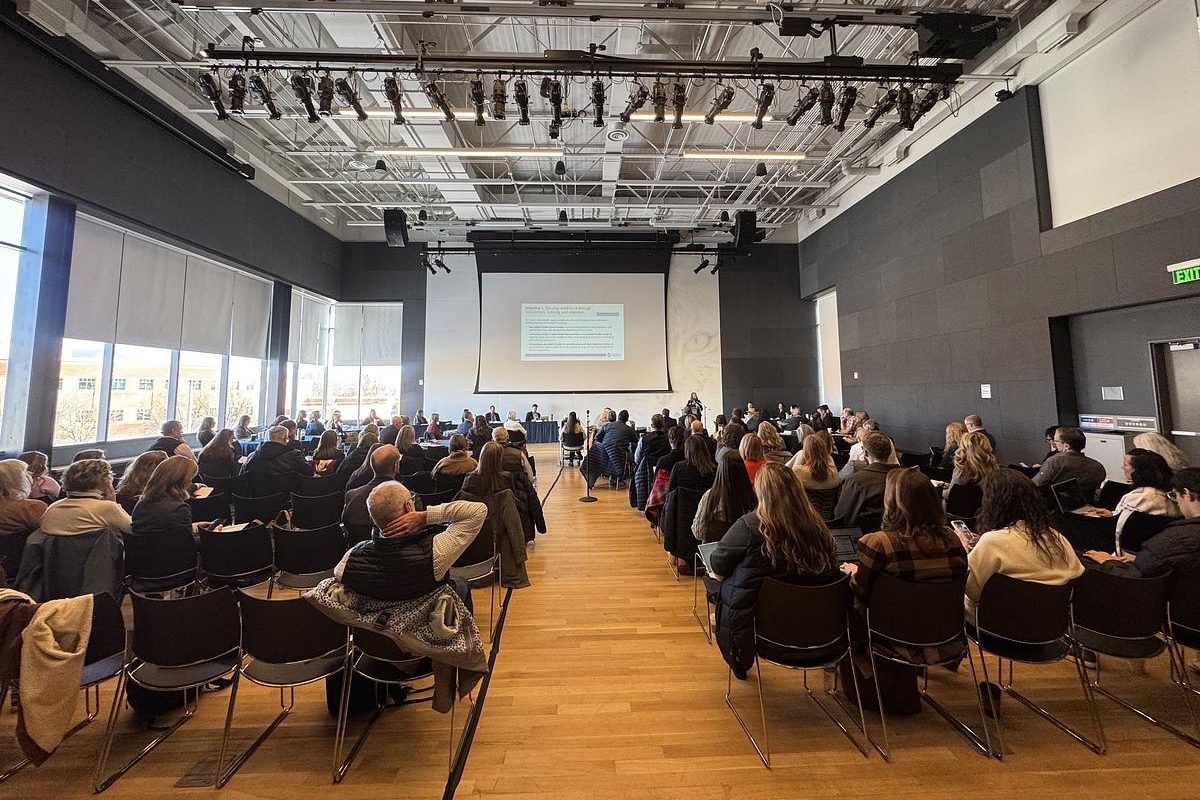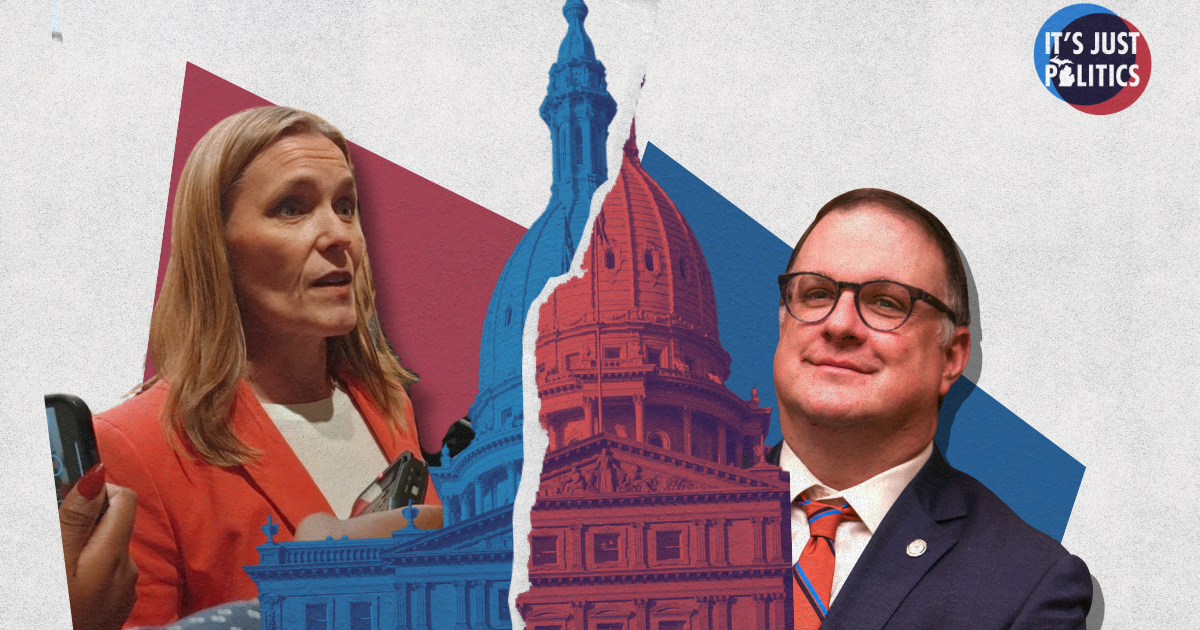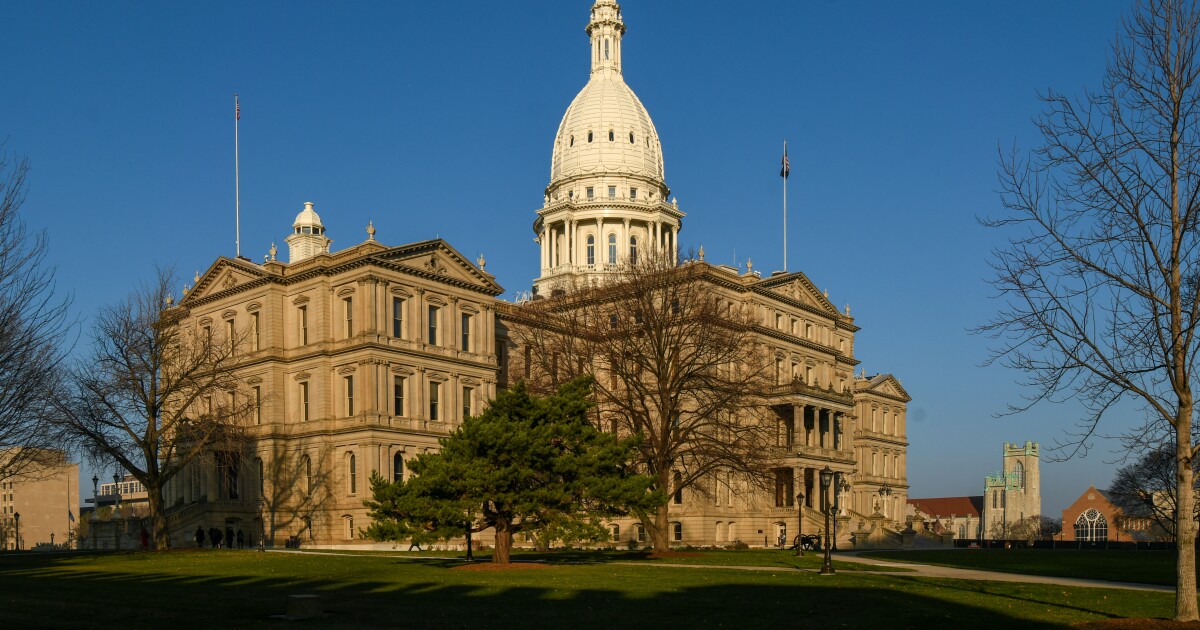This story about fetal development was produced by The Hechinger Report, a nonprofit, independent news organization focused on inequality and innovation in education. Sign up for the Hechinger newsletter.
In August, Republican Rep. Gino Bulso addressed lawmakers in Tennessee about legislation mandating fetal development videos in sex education classes. This requirement, facilitated by anti-abortion nonprofit Live Action, is part of a broader agenda to influence educational content. The group’s annual report emphasizes providing legislators with strategies to end abortion.
Bulso’s success in passing this legislation has inspired similar bills in other states, with some proposing that students from third grade watch fetal development videos. The Hechinger Report found that at least 10 legislators introduced similar bills after attending a Live Action event. The organization’s list of attendees remains private, but many lawmakers have shared their participation on social media.
Since 2023, when North Dakota first enacted fetal development education laws, over 20 states have proposed similar bills. Six states, including Tennessee, have passed such laws, affecting nearly 4 million students. Some proposals even sought to include depictions of abortions in educational materials.
The overturning of Roe v. Wade in 2022 has intensified the battle over abortion rights in schools. Despite 12 states banning abortion entirely, procedures have increased nationwide. Anti-abortion advocates aim to influence young minds by integrating their message into school curricula, hoping to shift public opinion long-term.
Critics argue that fetal development education materials are more propaganda than fact, while proponents like Live Action insist they are accurate. The scarcity of comprehensive sex education in schools, where students average only six hours of instruction during high school, leaves room for anti-abortion groups to step in.
“They’re attempting to reach children at an age where I would assume most haven’t been exposed to issues of an abortion,” says Alisa Von Hagel, a political science professor at University of Wisconsin-Superior who has studied the strategies of the anti-abortion movement. “They’re attempting to be the first to imprint this quote, unquote ‘knowledge’ or opinion about these issues.”
Related: A lot goes on in classrooms from kindergarten to high school. Keep up with our free weekly newsletter on K-12 education.
In a recent Arkansas Senate debate, Republican Sen. Alan Clark described a state proposal as a crucial pro-life initiative, emphasizing its potential to shape young minds. The legislation would require students to watch Live Action’s “Meet Baby Olivia,” a video asserting that life begins at conception. Live Action claims the video has significantly shifted viewers’ perspectives toward the pro-life stance.
Live Action’s outreach to students aligns with strategies from other anti-abortion groups like Heartbeat International, which promotes pro-life education. These efforts are part of a response to comprehensive sex education programs that cover topics like contraception and gender identity. Planned Parenthood, the largest provider of sex education, offers such programs nationwide.
While some anti-abortion Republicans, like Arkansas Sen. Breanne Davis, oppose promoting Live Action materials in schools, others argue for their educational value. Despite opposition, the influence of Live Action and similar organizations continues to grow, shaping the conversation around sex education and reproductive rights.
Related: ‘They just tried to scare us’: How anti-abortion centers teach sex ed in public schools
Contact investigations editor Sarah Butrymowicz at butrymowicz@hechingerreport.org or on Signal: @sbutry.04.
This story about fetal development was produced by The Hechinger Report, a nonprofit, independent news organization focused on inequality and innovation in education. Sign up for the Hechinger newsletter.
The Hechinger Report provides in-depth, fact-based, unbiased reporting on education that is free to all readers. But that doesn’t mean it’s free to produce. Our work keeps educators and the public informed about pressing issues at schools and on campuses throughout the country. We tell the whole story, even when the details are inconvenient. Help us keep doing that.
—
Read More Kitchen Table News

